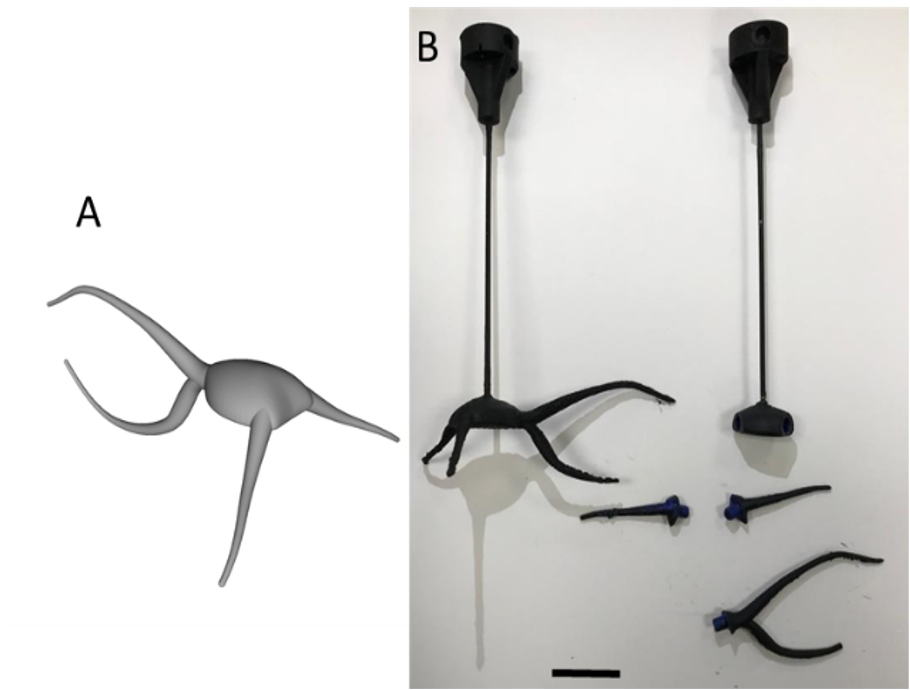Michael O'Toole
otoole@berkeley.edu

Behavior and hydrodynamics of microscopic organisms
I am involved in two of the research projects in our lab:
(1) One project uses larval barnacles to study the hydrodynamic effects of spines on zooplankton and how they influence swimming, sinking, feeding, and surface attachment by these small animals. We are conducting experiments with dynamically-scaled physical models of diverse larvae to assess how body shape and of the presence, location, and morphology of spines affect hydrodynamic forces and torques on the larvae. Physical models enable us to explore parameter space in a way not possible using the comparative approach with living organisms.
(2) The other project uses choanoflagellates that can be unicellular or form multicellular colonies as a model system to study functional consequences of being colonial vs. unicellular. An important aspect of performance likely to affect choanoflagellate survival and reproduction is susceptibility to predation. We use videomicrography to study the interactions between choanoflagellates and protozoan predators that employ different modes of prey capture, and to elucidate the fluid dynamics of interactions between protozoan predators and choanoflagellate prey to identify mechanisms underlying performance differences.
I am the Laboratory Safety Officer and manage the culturing of our research organisms.
Education
- Bachelor's of Science Double Major Computer Science and Bioengineering: University of California, Berkeley (Berkeley, CA)
Publications
- Chin, N.E., T.C. Wu, J.M. O'Toole, K. Xu, T. Hata, and M. A. R. Koehl (2023) Formation of multicellular colonies by choanoflagellates increases susceptibility to capture by amoeboid predators. Journal of Eukaryotic Microbiology. 70, e12961. doi.org/10.1111/jeu.12961
